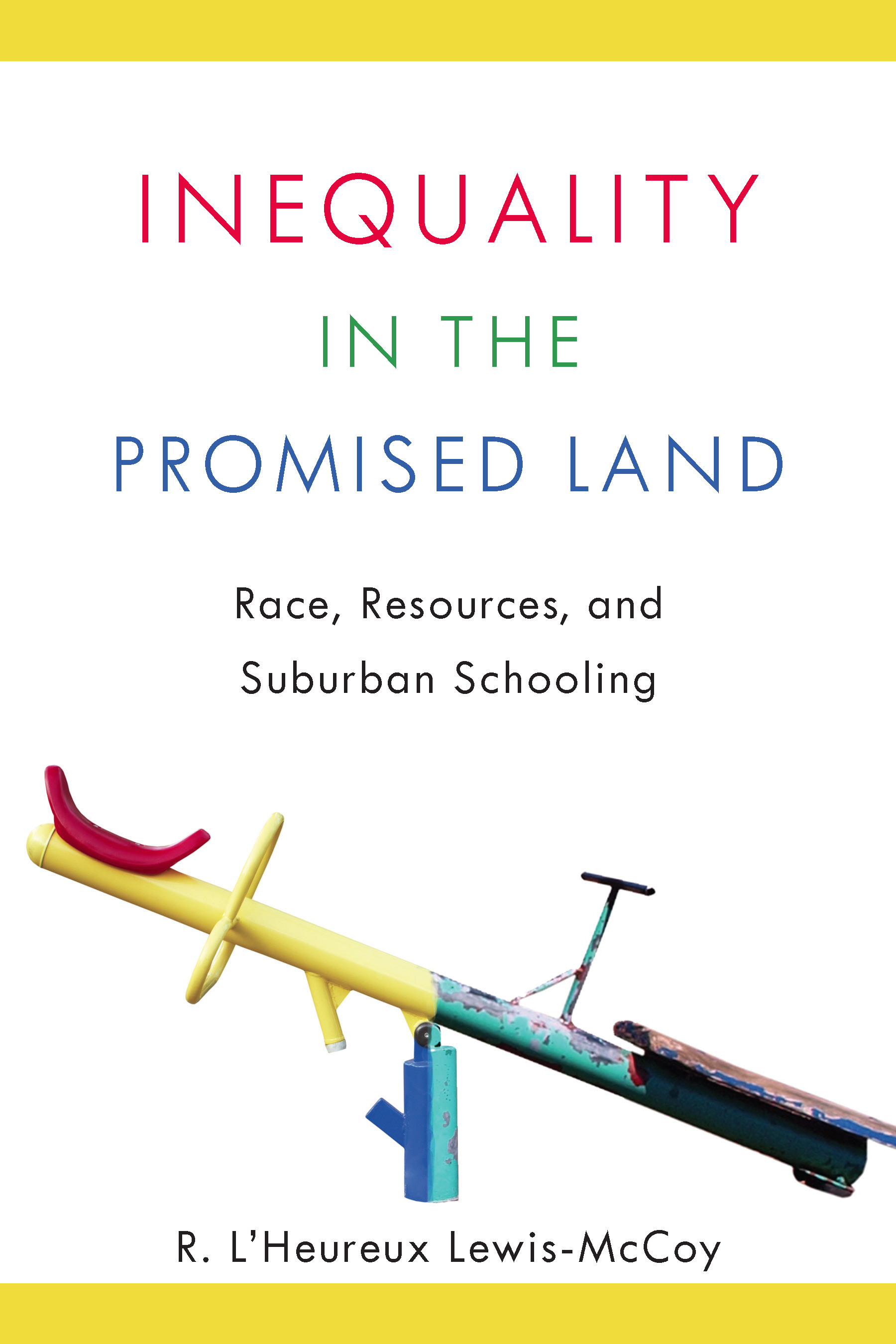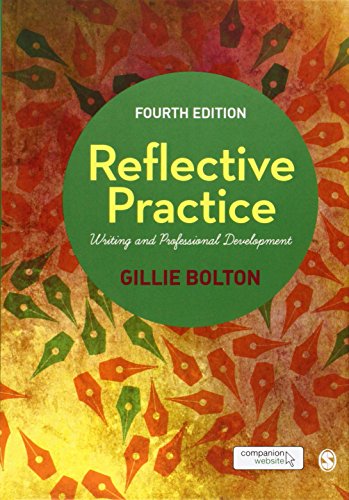This book sets out to examine the neo-liberal dimensions of globalisation and market-driven economic imperatives that have impacted higher education reforms. It critiques the notions of accountability, efficiency, academic capitalism, quality of education, and the market-oriented and entrepreneurial university model, based on a neo-liberal ideology. The expansion of economic rationality into the educational sector is one the most ubiquitous dimensions of neo-liberalism and one of its most powerful ideological tools, resulting in the commodification, commercialization, and marketization of education and knowledge. The book critiques structural changes in education and the impact of neo-liberalism and globalisation on educational systems around the world. With this as its overall focus, the respective chapters present hand-picked scholarly research on major discourses in the field of global neo-liberal education reforms.
The book draws upon recent studies in the areas of globalisation, neo-liberal education reforms, and the role of the state. It critically assesses the neo-liberal ideological imperatives of current education and policy reforms and illustrates how these shifts in the relationship between the state and education policy are shaping current trends in education policy reform outcomes. Taken together, the chapters offer a timely analysis of current issues affecting neo-liberal education policy research, and outline future directions that education and policy reforms could take.
Less

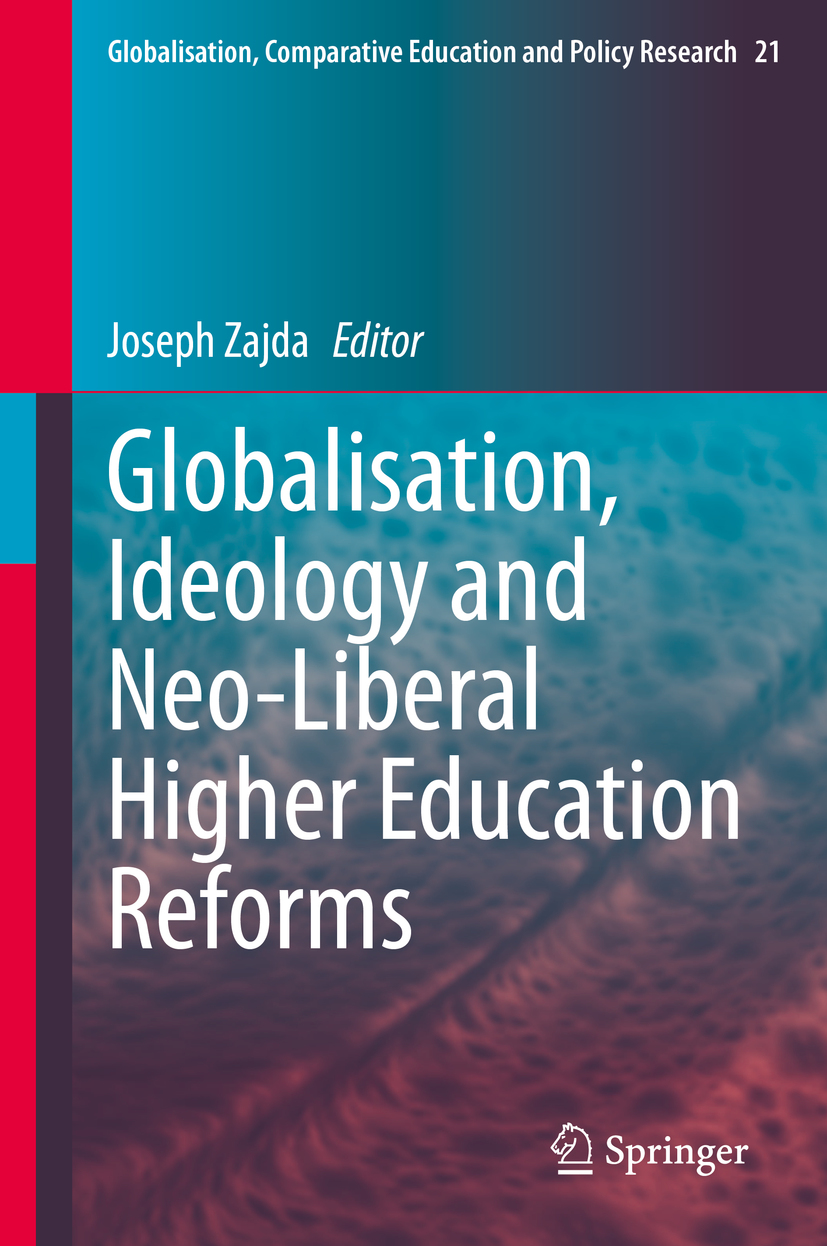














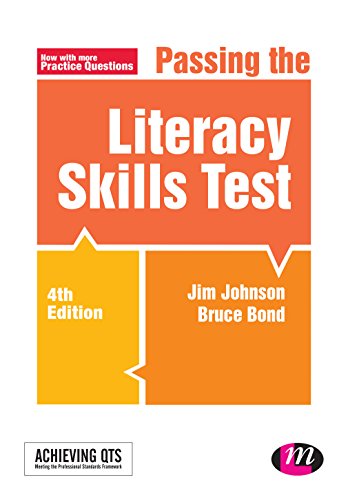
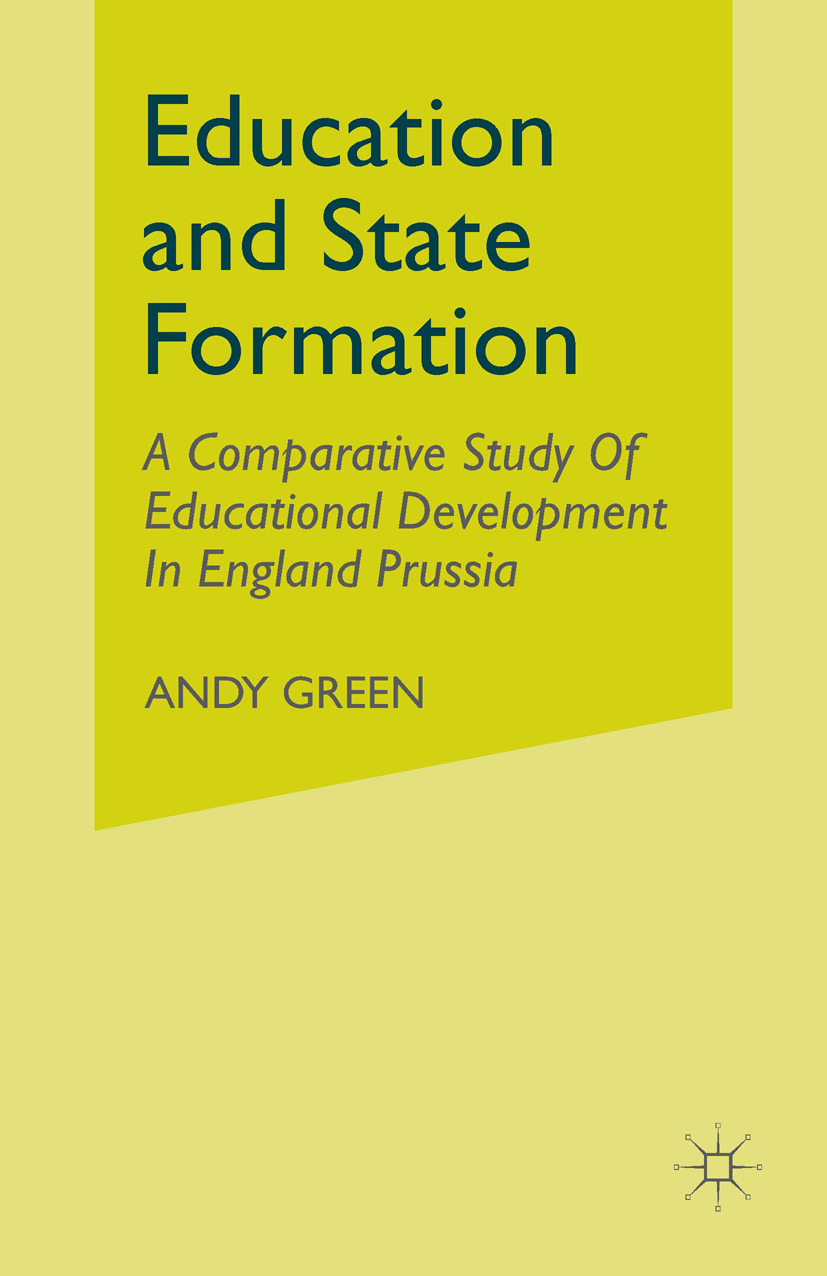

 Origini Della Lotta Attuale (476-1887); Quinta Edizione.jpeg)


